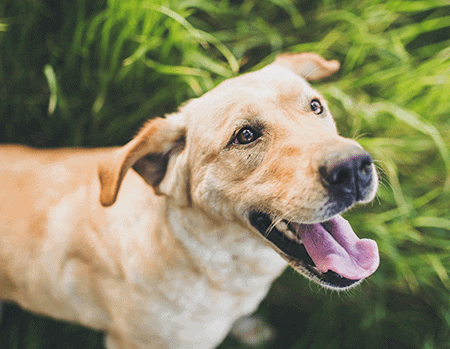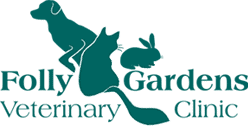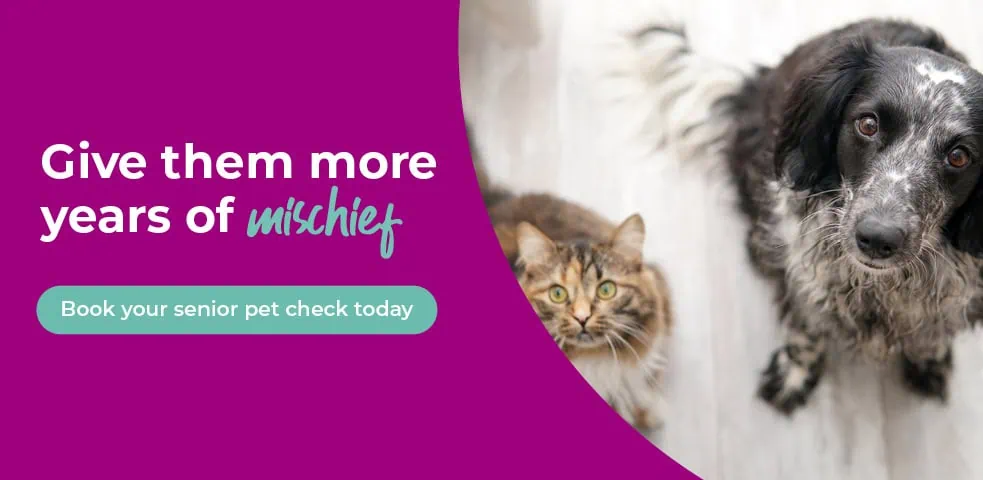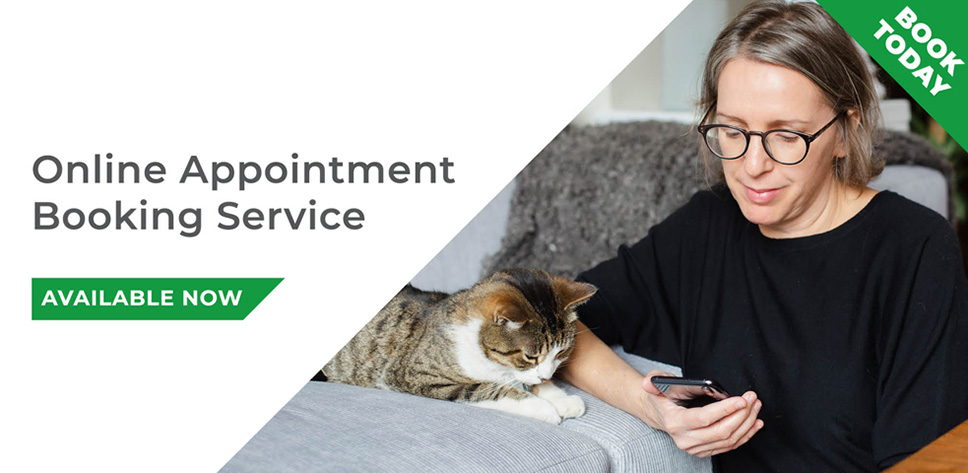 When we see your puppy for their vaccinations, we will usually discuss neutering (spaying for females and castrating for males).
When we see your puppy for their vaccinations, we will usually discuss neutering (spaying for females and castrating for males).
Here at Folly Gardens we are aware that a ‘one size fits all’ policy doesn’t really work! We see lots different breeds, and temperament of dog and there are many things that need to be discussed when deciding on when to neuter your pet.
It may be suitable to neuter some dogs from as early as six months of age, but we usually advise female dogs to have a season first and to be spayed 3-4 months after this and some males, particularly large breeds, are best castrated after 12 months of age.
Why should we neuter?
Neutering is important in preventing unwanted pregnancy, and roaming. Neutering females can help to greatly reduce the risk of many cancers such as ovarian, uterine and mammary neoplasia, as well as preventing false pregnancies and serious life threatening uterine infections, known as pyometra.
Neutering males again helps to prevent health problems associated with the prostate and testes and can be of benefit in certain behavioural situations (it may also NOT be appropriate in certain behavioural cases, but our behaviourist and vets will discuss individual cases).
As with most medical procedures, there are possible risks and downsides to neutering but your vet will happily discuss these with you to help you make an informed decision.
How do I get my dog booked in?
-
Phone the practice to book a Veterinary Consultation pre-neutering check with us. We will then complete a health examination, discuss your pets lifestyle, breed, age, history and create a plan to best suit you and your dog.
-
Neutering is a day procedure - drop them off in the morning and collect them in the evening. Your pet will probably enjoy some extra TLC at home afterwards too.
- It may be appropriate for your pet to have a pre-anaesthetic blood test.
Aftercare
It is important to avoid trauma (licking, scratching etc.) to the wound. Your pet may need to wear a buster collar or ‘pet shirt’ but our nurses will be able to advise you about this on discharge. Your pet will need a post op check 2-3 days later and a final check after about 10-12 days to remove any stitches and ‘sign them off’.
They will need to be properly rested after the operation to prevent any complications.
Have you considered Keyhole Spey for your dog?
We are now one of the first clinics locally to offer your pet the option of keyhole surgery. Laparoscopic (or keyhole) surgery has been the preferred options for many forms of human surgery for some years now.
The technique of making two or three tiny access wounds and using a camera and fine, specialist instruments to neuter, take biopsies or perform exploratory surgery to assist a diagnosis, is much less invasive than open surgery.
Patient pain is lessened, wound healing is accelerated and the risk of infection is reduced. This means more procedures can be done as day cases and usually, animals will recover more quickly.







